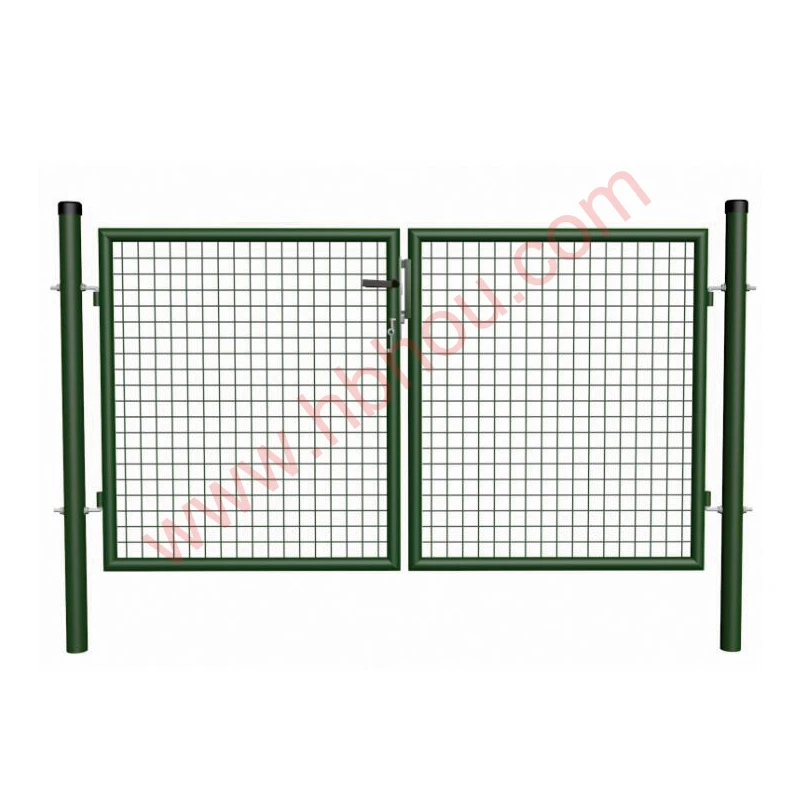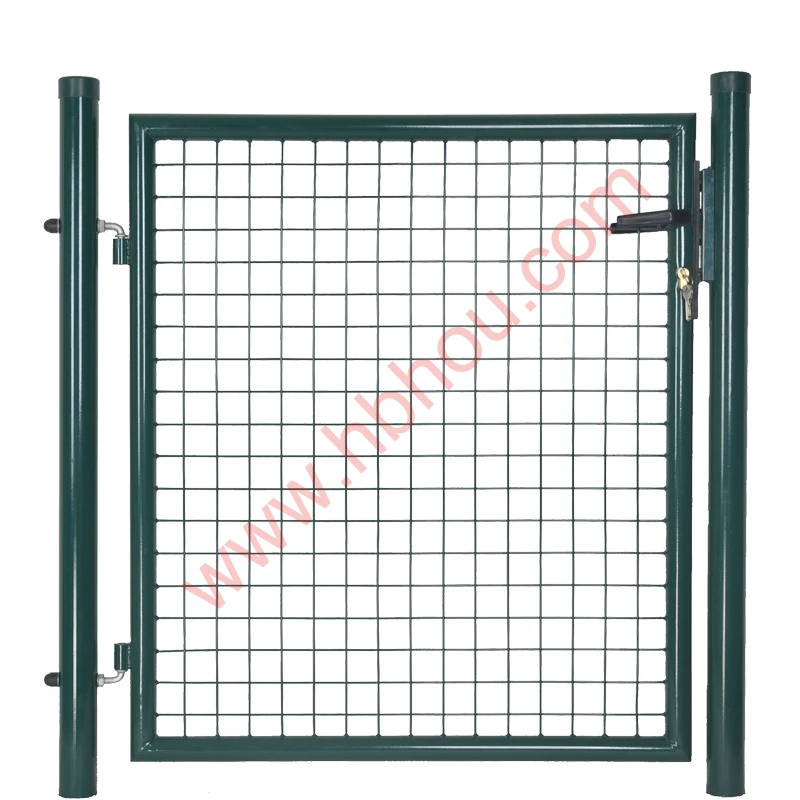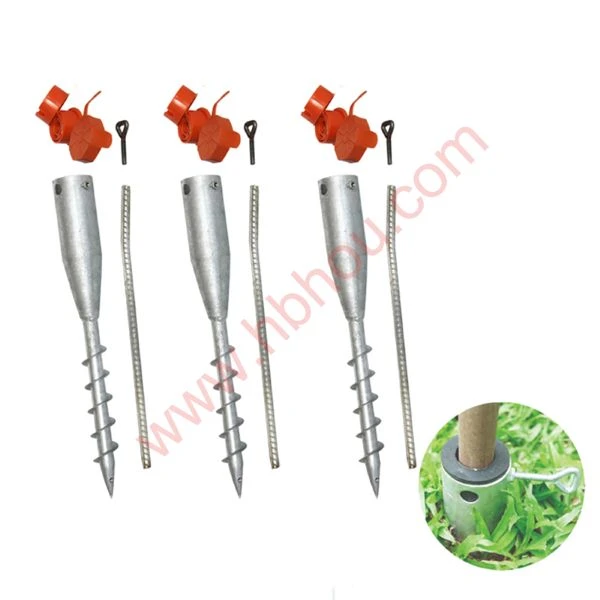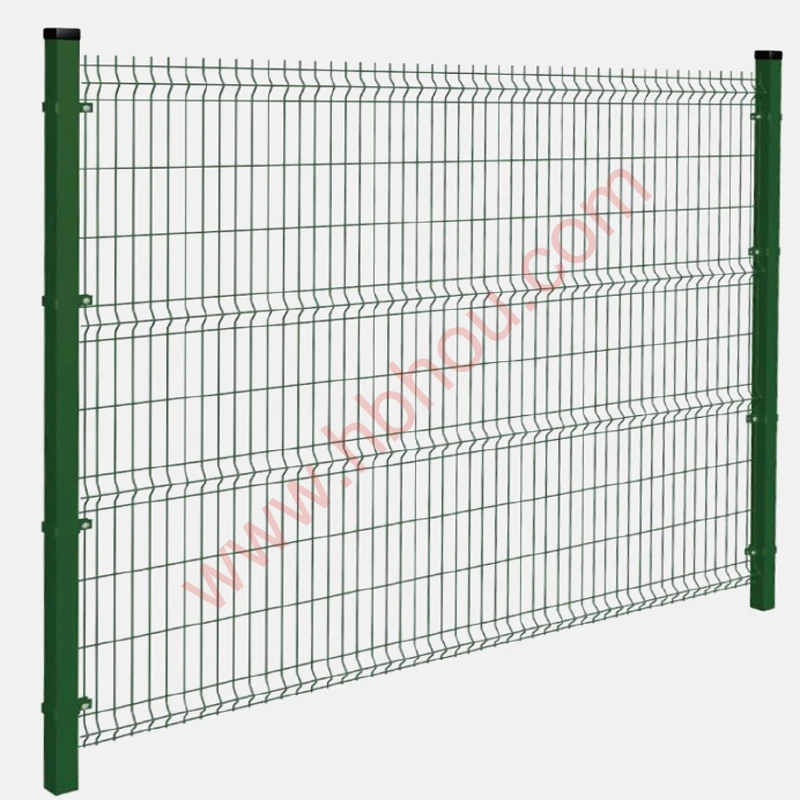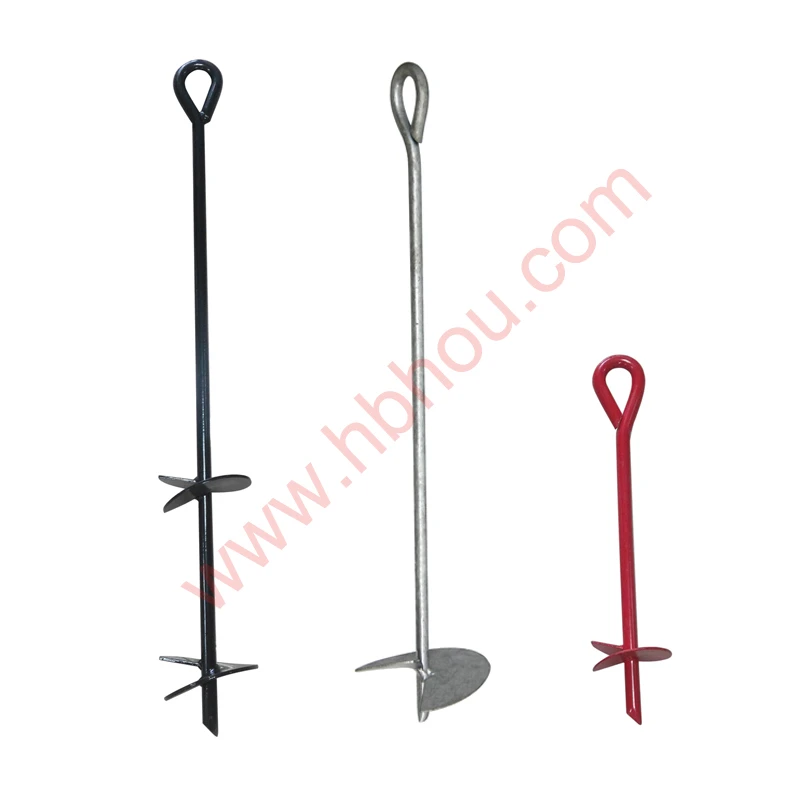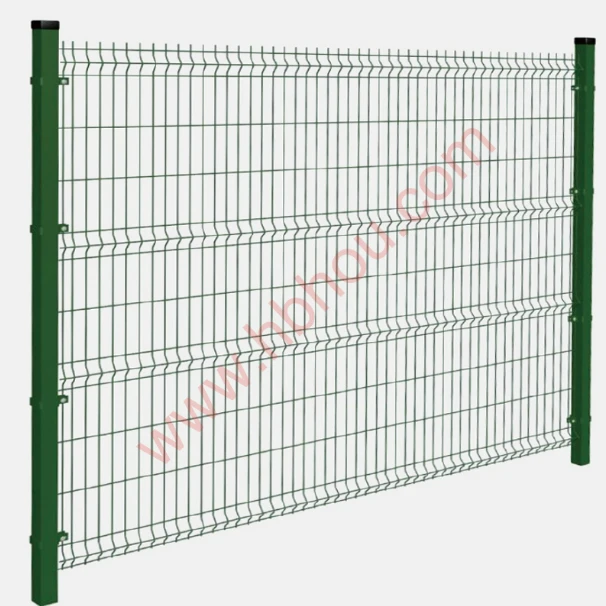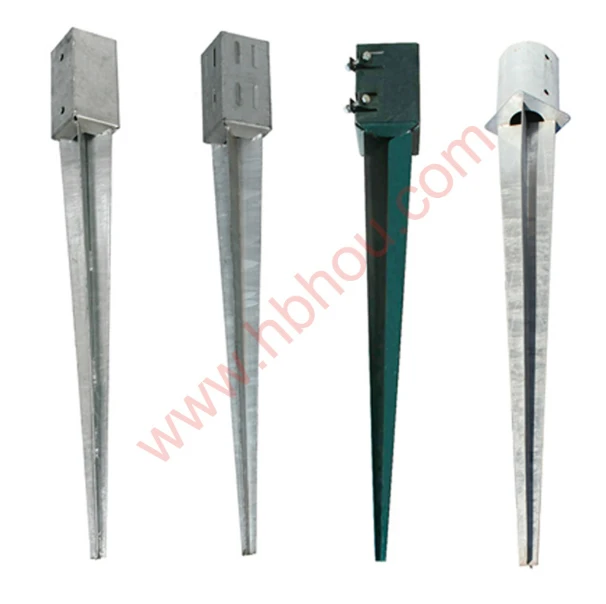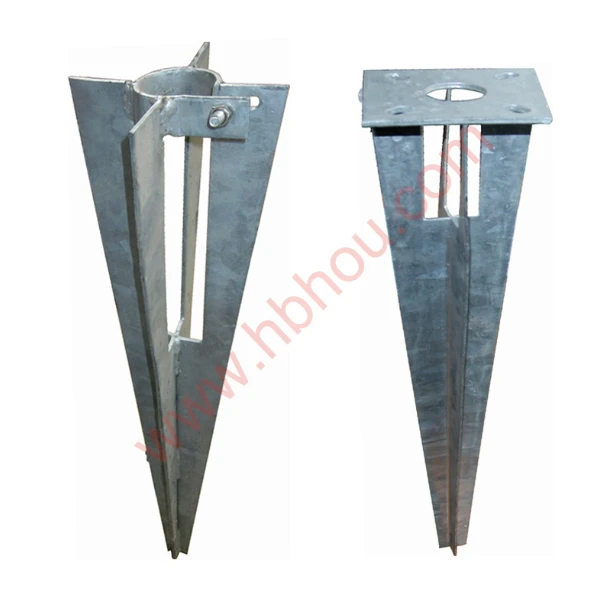Types of Fencing Panels A Comprehensive Guide
Fencing panels serve both practical and aesthetic purposes in residential and commercial properties. They provide security, privacy, and design enhancement while defining boundaries. With a multitude of options available, understanding the different types of fencing panels is essential for homeowners and property managers alike. This article explores the various types of fencing panels, their materials, design, advantages, and best applications.
1. Wooden Fencing Panels
Wood is one of the most traditional fencing materials, known for its natural beauty and versatility. Wooden fencing panels come in various styles, including picket, solid, and lattice designs.
- Picket Fencing Ideal for gardens and decorative purposes, picket fences typically feature evenly spaced vertical boards that create an open feel while providing a demarcation of space. - Solid Wood Panels Offering greater privacy and security, solid wooden panels are constructed with closely spaced boards. They are often treated to resist rot and insect damage, making them a durable choice.
- Lattice Panels These panels feature a crisscross pattern, allowing light and air to pass through while providing some privacy. They are commonly used in conjunction with other types of fencing or as trellises for plants.
Advantages Aesthetic appeal, customizability, and ease of installation make wooden fences popular. However, they require regular maintenance, including staining and sealing, to retain their appearance and structural integrity.
2. Metal Fencing Panels
Metal fencing panels, including aluminum and wrought iron, are prized for their strength and security
.- Aluminum Fencing Lightweight and rust-resistant, aluminum panels offer an ornamental look without the hefty maintenance of wrought iron. They come in various styles and colors, which can complement a range of architectural designs.
- Wrought Iron Fencing Known for its durability and classic appeal, wrought iron panels are often used for security and decorative purposes. They can be forged into intricate designs, adding elegance to properties. While robust, they can be prone to rust if not treated appropriately.
Advantages Metal fences are long-lasting and require minimal maintenance. They can provide excellent security and are ideal for properties that require a barrier against intruders.
3. Vinyl Fencing Panels
types of fencing panels

Vinyl fencing panels have gained popularity due to their low maintenance requirements and durability. Made from polyvinyl chloride (PVC), they come in a variety of colors and styles.
- Privacy Panels Vinyl panels offer the privacy of solid wood fencing without the associated upkeep. They are resistant to fading, rotting, and mildew, making them an attractive long-term option.
- Picket and Decorative Styles Like wood, vinyl can be molded into picket and custom designs. This versatility allows homeowners to achieve the same charm as wood without the effort.
Advantages Vinyl fencing is virtually maintenance-free, requiring only occasional cleaning with soap and water. Its impressive lifespan and resistance to elements make it an appealing choice for homeowners.
4. Composite Fencing Panels
Composite fencing is made from a blend of wood fibers and recycled plastics, creating a material that mimics the appearance of wood but is more resistant to weathering.
Advantages Composite panels don’t need painting or staining and resist fading, making them ideal for those seeking a sustainable option that requires little effort to maintain. They offer the warmth of wood while overcoming many of its limitations.
5. Chain Link Fencing Panels
Chain link fencing is a practical choice for security and property delineation. It consists of interwoven steel wires created into a diamond pattern, typically coated in vinyl or galvanized for weather resistance.
Advantages Chain link panels are cost-effective and allow visibility while providing a degree of security. They are commonly used in commercial properties, playgrounds, and sports fields.
Conclusion
Choosing the right fencing panel depends on various factors, including the intended purpose, aesthetic preferences, maintenance considerations, and budget. From the natural beauty of wooden fences to the durability of metal and vinyl options, there is a suitable type of fencing panel for every need. Investing time in understanding these options will ultimately lead to a better decision for any property.









